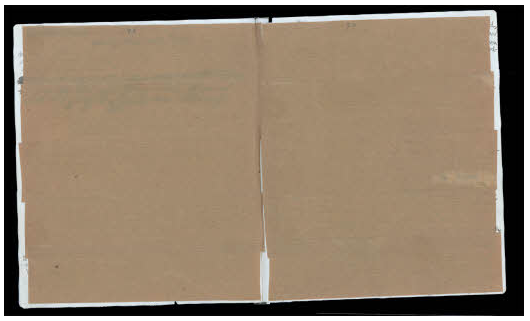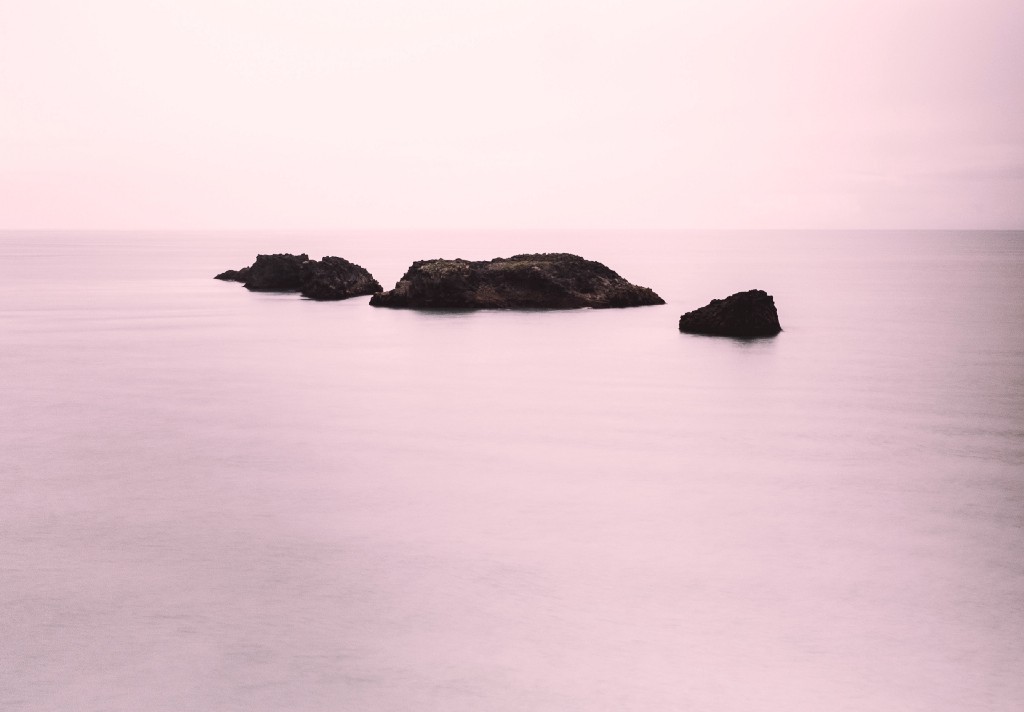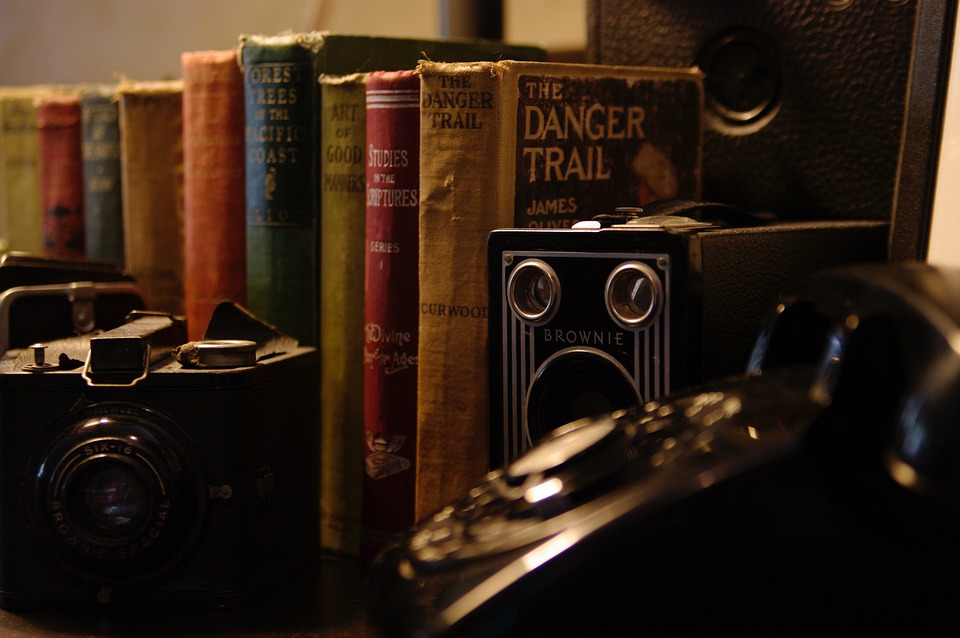news
Researchers Have Found Two New Pages in Anne Frank’s Diary. Should We Read Them?
Researchers Have Found Two New Pages in Anne Frank’s Diary. Should We Read Them? Her diary is an important public artifact, but maybe she still deserves some privacy

The New York Times reported this week that the Anne Frank House in Amsterdam has successfully uncovered two pages from Anne Frank’s diaries, which Frank covered herself in brown paper. The original diaries are so fragile, they are only taken out of storage once every ten years for study. The two new pages were discovered on one of these exhumations in 2016, and only with the help of new technology which enabled the researches at Anne Frank House to discover what was underneath the brown paper without actually touching them.
Anne Frank was revising herself — covering up two “spoiled” pages that included dirty jokes and an imagined conversation with a man how she would talk to him about sex ed. These are not the only two pages in the diary that reference sex and the body. They’re not even the only pages referencing sex and the body that have, at one point or another, been excised from the diary. But they’re the only two that Anne Frank blotted out herself.

The Diary of Anne Frank has a fraught relationship with editorial changes. That’s because The Diary of Anne Frank that you may have read in middle school is not, in fact, the singular “original” diary written by Anne Frank.
Frank wrote two diaries in her lifetime. The first was a personal account, which she intended to remain private. But, as reported by The New York Times, in 1944, Frank heard on the radio that the Dutch government in exile wanted to archive and publish the stories of people living under German occupation. So she went about rewriting her diary for a public audience. The new book was called “The Secret Annex” and was based on her diaries, but not a perfect facsimile. She completed 215 pages of “The Secret Annex” before her family was arrested, deported, and sent to the concentration camp where she died in 1945.
Her father, Otto Frank, survived the camp, and then the war. As explained in the Critical Edition of The Diary of Anne Frank, Otto Frank then worked with a Dutch publisher to compile a revised version of the diary — taking pieces from Anne Frank’s private diary, and others from “The Secret Annex” to create the third version of the diary we have come to know as The Diary of Anne Frank. But as Stephanie Watson points out in her article on Otto Frank’s arguably sexist editorial direction, some of his choices are cause for concern. In the third version, critical descriptions of Otto and his wife were softened, and some of Anne’s language about her own body and sex were also removed.
But what’s interesting about this most recent bibliographic development is that these are passages about sex and the body that Anne herself tried to cover up. So should we respect her wishes, and keep the pages under brown paper wraps? The question of authorial intention has plagued bibliographers for decades, but it should concern the rest of us, too.

The question highlights the tension between our obligation to authors and our obligation to history. We do not have a great track record of respecting authors’ intentions after their deaths (with a few exceptions). Kafka and Hemingway are still turning in their graves. And our relationship to authors’ private journals are particularly fraught. So it’s pretty interesting that researchers are using the fact that Anne tried to stop things from being published from her private diary in order to prove that Frank was practicing authorial moves for a public audience. The two pages come from Anne Frank’s first, private diary. Given the fact that this was meant to remain a private diary, and the content Frank removed was about her own body, is there an even greater responsibility to respect her wishes?
The Lost Nabokov Novel That Was Almost Burned—And Maybe Should Have Been
On its FAQ page for the two new pages, the Anne Frank House goes on to validate their publication by suggesting it’s too late to worry about what Anne Frank might have wished for, since that was done away with in the version published by Otto Frank: “Texts from Anne Frank’s diary papers that she did not herself intend for publication have been published earlier, at various times. That already occurred in the publication arranged by her father in 1947, and later in the compilation of the critical education by the NIOD Institute for War, Holocaust and Genocide Studies, which was published in 1986 and republished in 2001 after the discovery of five new diary pages.” In other words, if we’ve already violated her privacy, we might as well do it again.
But maybe her privacy, and her intentions for her public-facing diary versus her personal one, don’t matter when weighed against the demands of history. The Anne Frank House believes that the potential for historical value and the public’s interest are more important than what Frank might have wanted. The Times quotes Teresien da Silva, the head of collections at the Anne Frank House, who argues: “It’s not always good to follow the wish of an author…It’s important sometimes for scientific research and also good to know for the public what she didn’t want to publish.”
So, now that these two pages are being published, should we read them? Is it our historical obligation to read them, or is it our feminist obligation to respect Anne Frank’s wishes? Maybe a bit of both. Regardless of what we think, the Anne Frank House has confirmed that a transcription of the new pages will be available on their webpage soon, but because of copyright restrictions, the text will only be available in Dutch for the time being. If you don’t read Dutch, you can put off the moral quandary a little longer.










